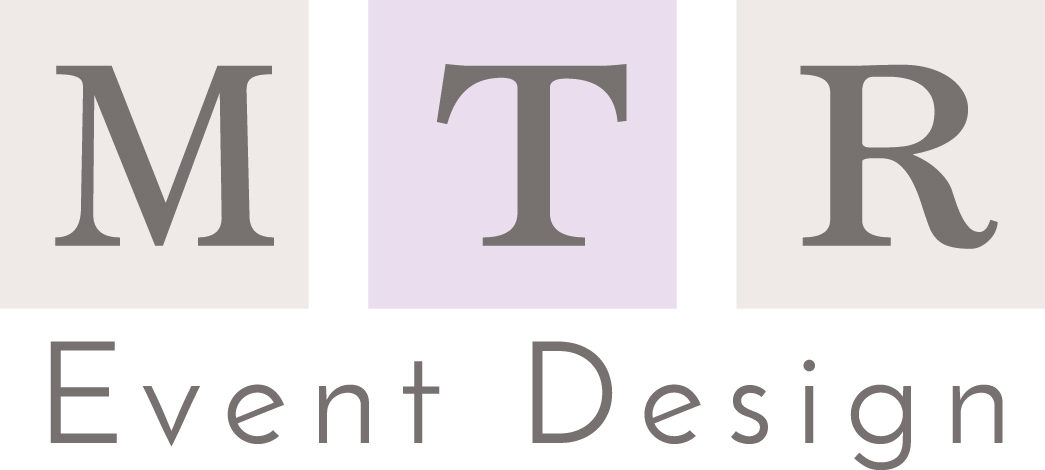Virtual meetings and events are now the norm, offering a cost-effective alternative to physical meetings and bringing people together for an interactive and memorable experience. Music is the perfect way to provide entertainment for and infuse engaging programming into your events, just as you would for in-person conference and meetings.
Music is a key part of any live event. How does it fit within a virtual setting?
Think back on the different types of music you may have heard at strategic times in past weddings, events or conferences. I can clearly hear the music that influenced the mood and engaged the audience. I remember the nostalgic feeling of hearing the many timeless songs that filled the rooms at past conferences and seminars, wiping out the dead air and setting the tone and mood for sessions, breaks, and social connections to come. Remember that popular entrance song that energized the audience or brought attention to an impactful moment…a friend walking down the aisle…or walking into a live event?
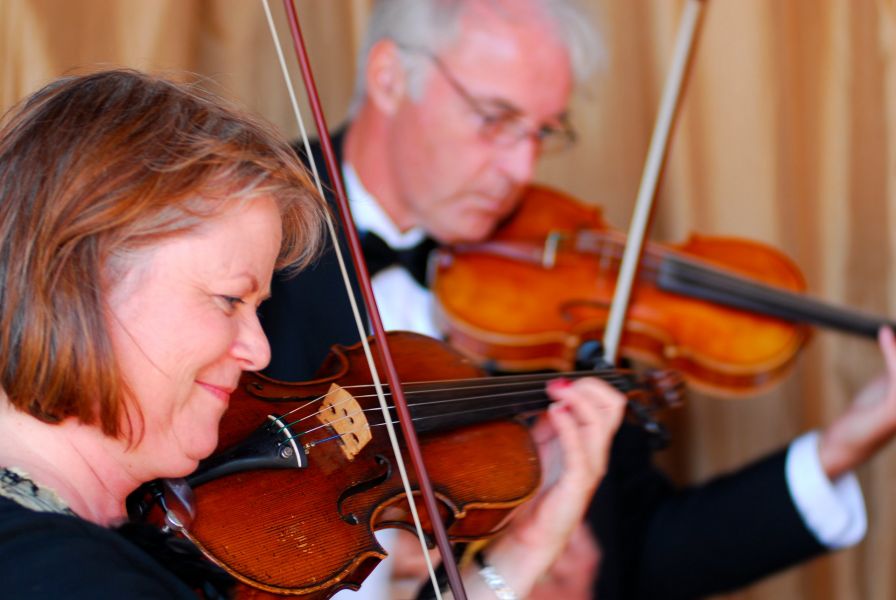
Music is a key part of any live event; whether it be in person or virtual, we are all moved by the sounds. To incorporate music into the virtual events of today, simply ask yourself about the context in which music will be played to help you figure out, and feel, what will work best for your virtual event.
Using the same principles of music once integrated into in-person programs, music and entertainment in virtual meetings and events offer attendees positive experiences and emotions. It stimulates memory and strengthens relationships through interactive engagement. With the right planning, equipment and expertise, music can be an important part of any virtual meeting, from performing live in-studio for a televised broadcast, to setting up remotely via a virtual meeting platform.
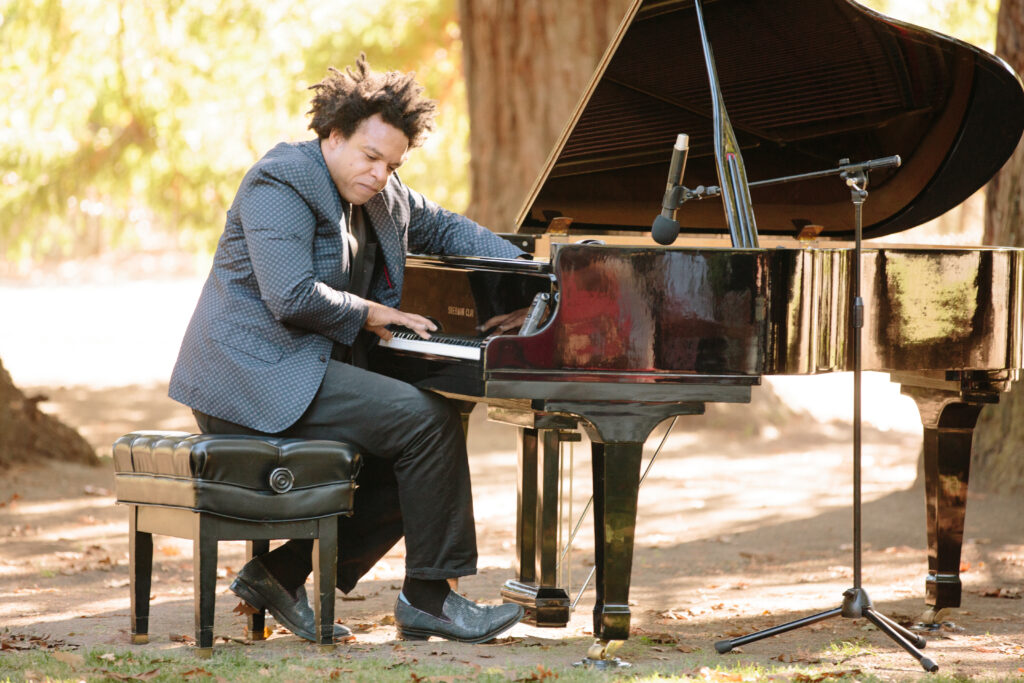
Know your musical options when planning your virtual conference or hybrid event. What licenses do I need? How much will it cost?
Playing music in a public setting requires a Perfomance Rights License. Your live event is most likely considered a “public setting.” This type of licensing is obtained through Performance Rights Organizations (PROS), such as ASCAP, SESAC, BMI, and GMR. The popular music heard in your local restaurants and stores requires the same process. The business would have gone through PROs or a 3rd party to acquire the rights to play the music that enhances the experience in the establishment. Music licensing gives you the ability to play music in all the scenarios described above. There are many use cases for music in live and virtual events. For each unique event and conference segment, it is important to know and understand your options. For traditional in-person events, performance licensing often covers popular music in its original recorded format from known artists. Anything more would require special negotiated terms from the artist or the label itself. However, with hybrid or virtual streaming as well as pre-recorded events, Royalty-Free music gives you the freedom to pay for the content once and use it any way you’d like, and, as often as you’d like.
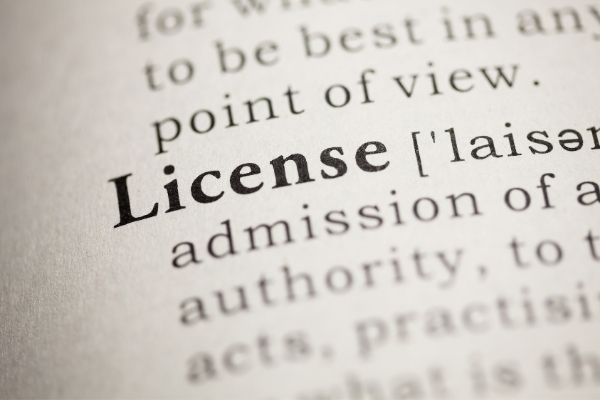
Make sure to ask your Event Strategist or AV Company what measures they have in place to protect you at your next event.
Event technology experts, Event Strategists and Event Planners are your go to people when it comes to setting up the music and entertainment as a production element of your virtual conference or event. If playing music is a service they provide, they should be expected to think about copyright protection; if they do not, you could unknowingly be subject to large fines and the stigma of intellectual property theft seriously undermining your brand. Take the exercise company, Peloton, as an example. Last year, the company was unfortunately sued by many publishers over unlicensed songs that were featured in their company videos. They settled with National Music Publishers Association in the amount of $49.3 million! And, if you want to use a song by Boy Dylan? Well, he sold the rights to his songs to Universal Studios for $300 million, good timing for him, but be careful that if you use these songs that they are covered under a music license for your event.
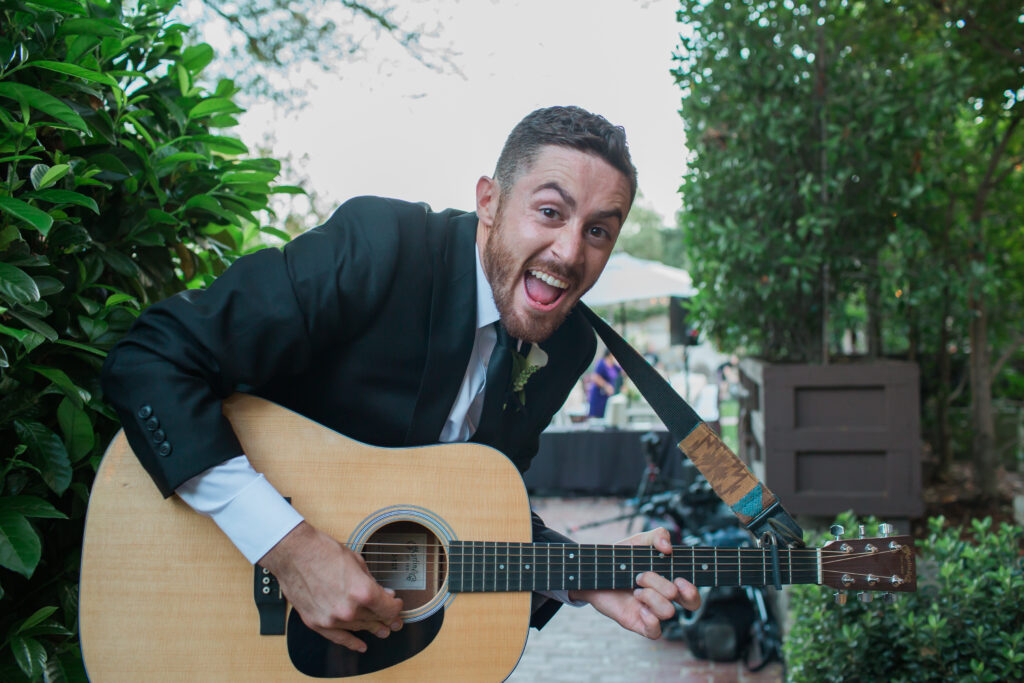
Consider the source
What has changed about music licensing is how easy it is these days to find songs and to use them without giving much thought to copyright rules and the laws associated with copyright infringement. This can lead to more trouble than you think.
In an era when platforms such as Spotify, Pandora and Sound Cloud, just to name a few, can easily place a song at your fingertips, the relative ease of sourcing the music can result in major headaches, especially when faced with often unclear rules permitting the song use.
To avoid such risks at your event, ensure that your event strategist or planner has dedicated extra time or staff to research the music for your event. Consulting with a lawyer to help manage decision making around music and licensing is also recommended, especially if you are planning a high-profile event. It’s important to find out the source of your music choice; make sure you can identify owners; and know who to contact to get licensed.
We hope these tips are helpful. To help you with your next Virtual Event you can download your Virtual Checklist here. For more information, feel free to contact us with any questions.
